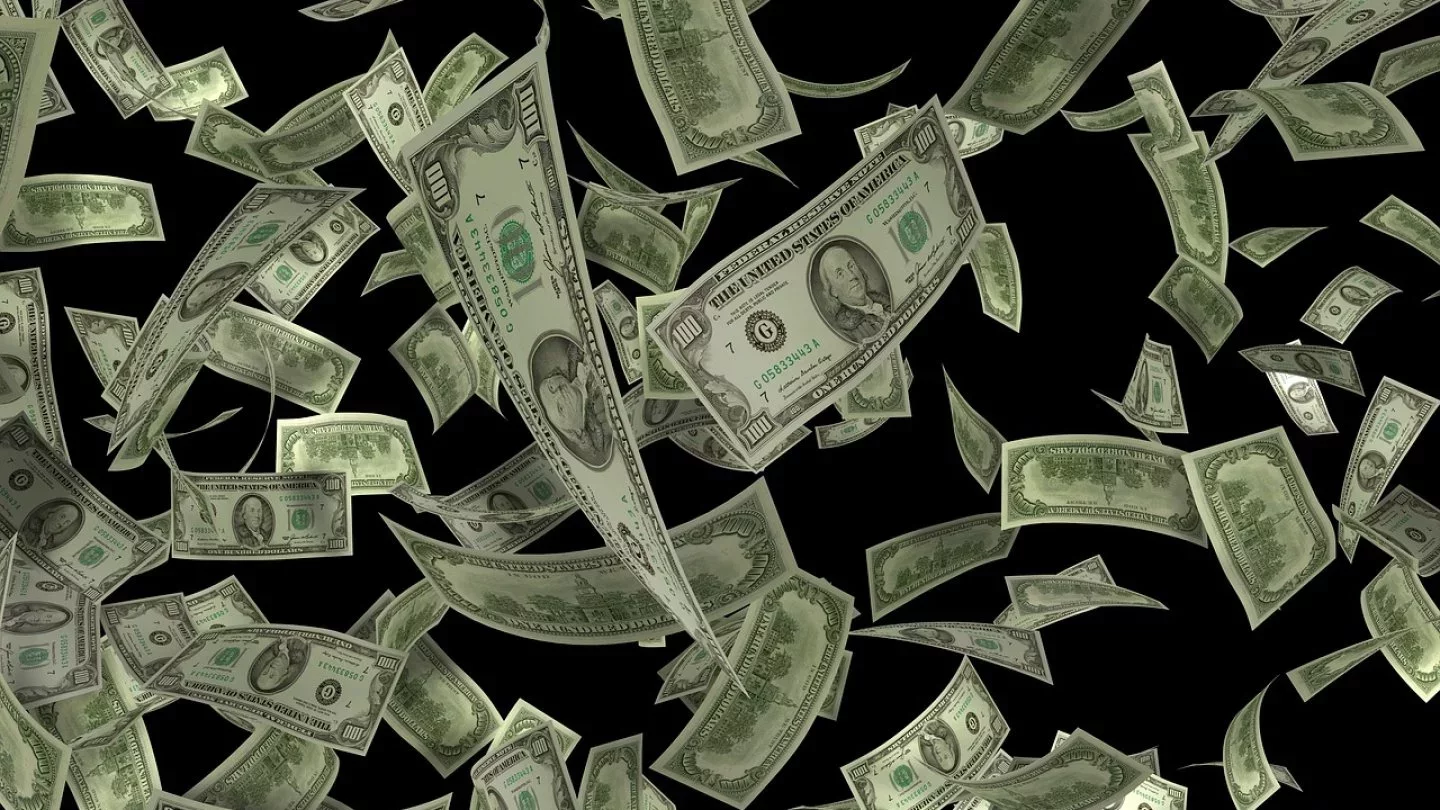Experts Discuss US Downgrade in Rating Effect on Kazakhstan's Economy
 coverQuinceCreative, photo Pixabay.com
coverQuinceCreative, photo Pixabay.com
For the first time in many years, the international agency Fitch has downgraded the credit rating of the US government (long-term default rating) from AAA to AA+. What does this mean and will it have any impact on the economy of Kazakhstan? Orda.kz asked the leading Kazakhstani economists.
Fitch Ratings is one of the global top three rating agencies in the world together with Moody's and S&P Global Ratings. The latter downgraded the credit rating of the US government in 2011 from AAA to AA+ and has remained at the same level since then.
Fitch justified the downgrade by the following reasons:
- Expected deterioration of the budget in the next three years
- Increase in public debt (the decision to change the ceiling of which is made at the last minute)
- Deterioration of the quality of governance in the country compared to other countries in the "AAA" rating over the past 20 years
Big Debts, Nothing to Fear
The rating shows a a particular country's probability of defaulting. And as explained by economist, Almas Chukin, AAA and AA+ are not much different. The first means "the highest level of solvency and the minimum risk of default", the second means a high level of solvency, the probability of default is low.
The main probability factor is history. Since the federal debt appeared in the middle of the 19th century, they have not permitted any defaults for 150 years. And predicting a US default is pointless. A US dollar default is impossible in principle, as the US is almost the only country in the world that has a debt in its national currency. They do not issue debts to other countries in pounds and yen. To pay off the debt of the Fed (the Federal Reserve System is the main financial regulator – ed.), the United States does not even need to print anything – to convert securities. They just need to go to the computer, press a trillion dollars on the keyboard and pay off the debt. They create these dollars themselves and a default on dollars is impossible, the expert explains.
 Almas Chukin, photo from personal archive
Almas Chukin, photo from personal archive
The history of the national debt in the United States worsens every 2-3 years. In June 2023, it reached a record $32 trillion. Washington borrows funds to cover the budget deficit. This situation has been going on for more than 20 years. These are debts to both individuals and companies. Kazakhstan has a BBB-credit rating, which means "stable". But an increase, according to Chukin, is not in the cards for Kazakhstan. Its short independent history serves as the explanation.
We almost qualify for AA, but we are still far from any AA values. It takes 30-40 years that you do not permit default. However, BBB is also a decent rating. It means that default is almost impossible in translation from the language of bankers, says Chukin.
The current downgrade of the US credit rating will not have a significant impact on markets. Yet from a psychological point of view, this is alarming. Agencies are sending a signal that they do not like Washington's ongoing financial policy.
The US Treasury Is Against
The US Treasury Janet Yellen is dissatisfied with Fitch's rating downgrade. She found the world agency's assessment "arbitrary and based on outdated data." White House spokeswoman Karin Jean-Pierre also expressed dissatisfaction with the rating, which "defies reality to lower the rating of the United States at a time when President Joe Biden has achieved the strongest economic recovery."
Kazakhstani economist Arman Beisembayev calls the reaction to the decline in the markets more than restrained. The same thing happened in 2011, when Washington's credit rating was lowered by S&P Global Ratings.
The downgrade is important for the rebalancing of some portfolios arranged according to a conservative scenario, mainly. There are certain asset management companies, while in certain portfolios there is a requirement to hold securities of countries with a rating not lower than AAA. The companies that held these securities can start selling them. It will not be a sale, panic, collapse of the financial system, says Beisembayev.
 Arman Beisembayev, photo from personal archive
Arman Beisembayev, photo from personal archive
According to the expert, now rating agencies are playing ahead of the curve. They are trying to preserve their reputation. Indeed, the big three in 2008 overestimated the state of the investment company, Lehman Brothers, which started mortgage crisis in the United States and then around the world. Trust in rating agencies subsequently fell dramatically.
Agencies have since learned lessons and are paying attention to alarming trends in different countries' economies.
Original Author: Maxim Skopin
DISCLAIMER: This is a translated piece. The text has been modified, the content is the same. Please refer to the original piece in Russian for accuracy.
Latest news
- Aqtobe Region: Life Sentence Issued in Double Homicide and Hostage Case
- Karakalpak Court Upholds Sentence Against Activist Extradited from Kazakhstan
- Former Qazseleqorgau Officials Sentenced in Corruption Case
- Deputy Commander-in-Chief of the Russian Navy Reportedly Dies in Kursk Region
- Toqayev Sets Priorities for New Transport Minister
- Armenian Parliament Advances Bill to Nationalize Electric Networks of Armenia
- Appeal Withdrawn in Alina Serikova Case, Sentences Remain Unchanged
- Toqayev and Nazarbayev Congratulate Lukashenko on Belarus Independence Day
- Armenia: Foreign Ministry Spokesperson Reaffirms Commitment to South Caucasus Connectivity Initiative, Recalls 'Crossroads of Peace'
- SK-Pharmacy Undergoes Management Shakeup Amid Scrutiny
- Supporting Farmers and Boosting the Economy: Bektenov Reports to Toqayev on Government Progress
- Final Ruling: Court Dissolves Perizat Kairat’s Charity Foundation
- From Station Cashier to KTZ Chair: Who Now Runs Kazakhstan’s Rail Sector
- Kazakhstan to Restrict Loans for Conscripts
- Details Emerge in Corruption Case Involving Former Vice Ministers and Credit Bureau Head
- Former Armenian President Serzh Sargsyan Faces Corruption Charges
- Tensions Persist as Azerbaijan Presses Russia on AZAL Investigation
- "Off Course": Exclusive Photographic Evidence and Analysis of Drones That Crashed in Kazakhstan
- Kazakhstan Temir Joly in Debt — But Posts a Profit. How Did That Happen?
- North Kazakhstan to Use 45 Billion Tenge from Returned Assets for Water Projects

